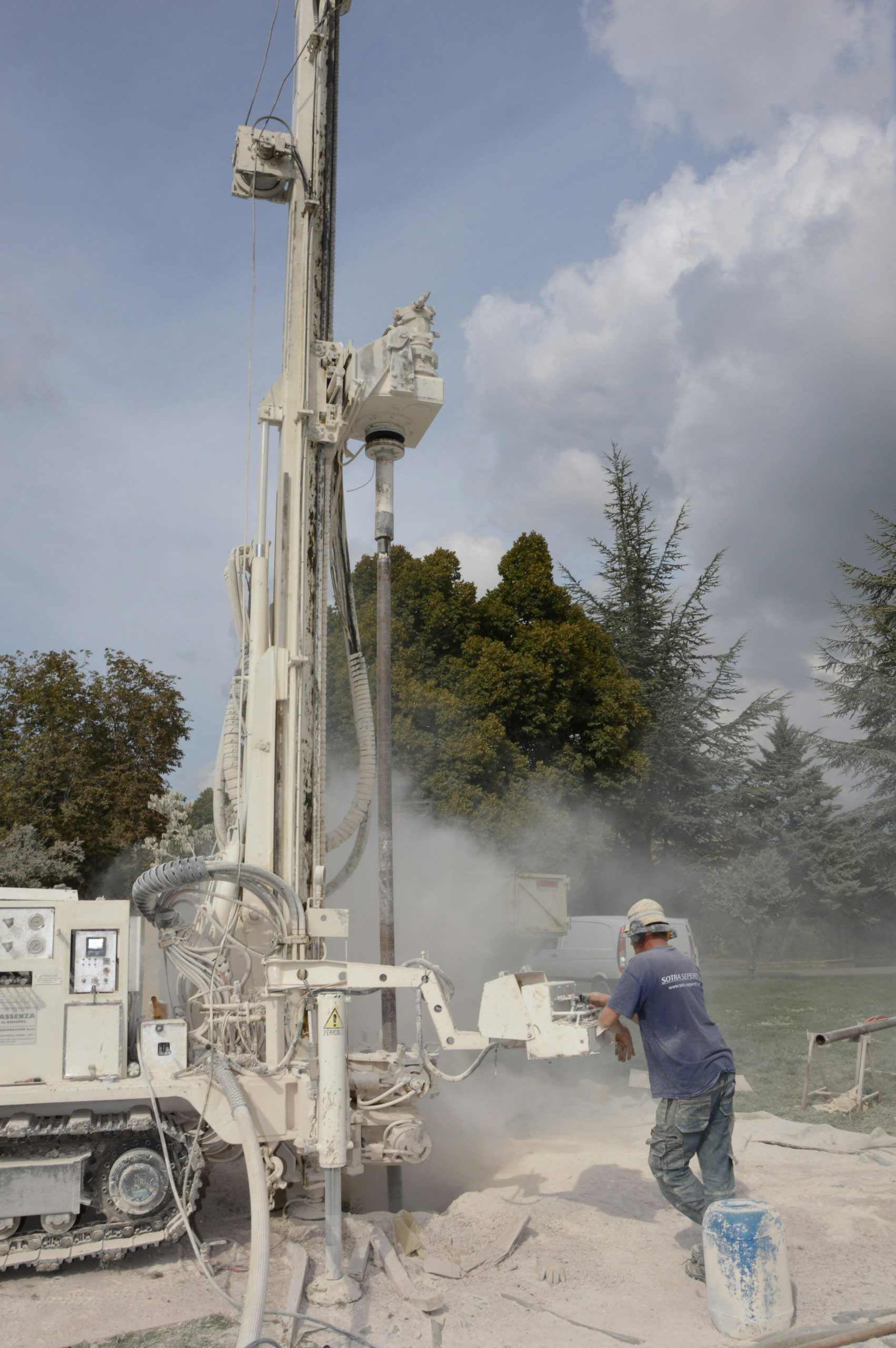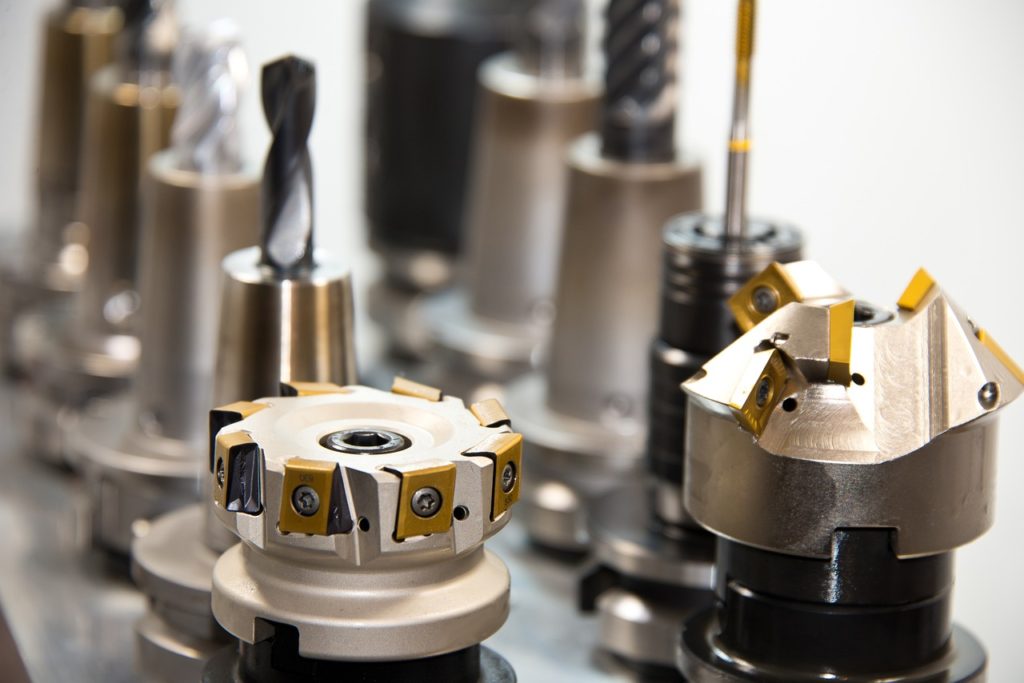Acquiring machinery from China can be a lucrative decision for businesses seeking cost-effective solutions, but buyers need to navigate the market carefully to avoid potential pitfalls. In this article, we will explore five strategies that buyers can employ to ensure they get good deals when purchasing machines from China.
Thorough Research and Due Diligence
Before diving into any business transaction, it’s essential for buyers to conduct thorough research and due diligence on potential suppliers. This includes verifying the credibility and reputation of the manufacturers. Also, checking customer reviews, and assessing their track record in delivering quality machinery. A well-informed decision at this stage can set the foundation for a successful deal.
Clear Specifications and Requirements
Clearly defining the specifications and requirements of the machinery needed is crucial. Ambiguities or vague requirements can lead to misunderstandings and may result in the delivery of equipment that doesn’t meet expectations. Providing detailed specifications ensures that suppliers understand the exact needs of the buyer, reducing the likelihood of mistakes and increasing the chances of securing a favorable deal.
Negotiation Skills
Effective negotiation is a key aspect of securing a good deal. Buyers should be prepared to engage in negotiations with suppliers to get the best possible terms, including pricing, payment terms, and delivery schedules. Building a strong relationship with the supplier through open communication can also contribute to a more favorable outcome.
Quality Assurance and Inspection
To avoid any unpleasant surprises upon receiving the machinery, buyers should incorporate quality assurance measures into their purchasing process. This can include implementing inspection protocols, quality control checks, and even third-party inspections if necessary. Ensuring that the machinery meets the required standards and specifications is essential for a successful transaction.
Consideration of Customs and Import Regulations
Buyers should be well-versed in the customs and import regulations of both the exporting and importing countries. Understanding these regulations can help avoid delays, additional costs, or legal issues that may arise during the shipping and customs clearance process. Working with experienced customs brokers or consultants can be beneficial in navigating these complexities.
Conclusion:
In the competitive landscape of global trade, buyers looking to procure machinery from China must adopt a strategic approach to secure good deals. Thorough research, clear communication, effective negotiation, etc, are integral components of a successful machinery purchase. By following these strategies, buyers can enhance their chances of obtaining high-quality machinery at competitive prices from Chinese manufacturers.


